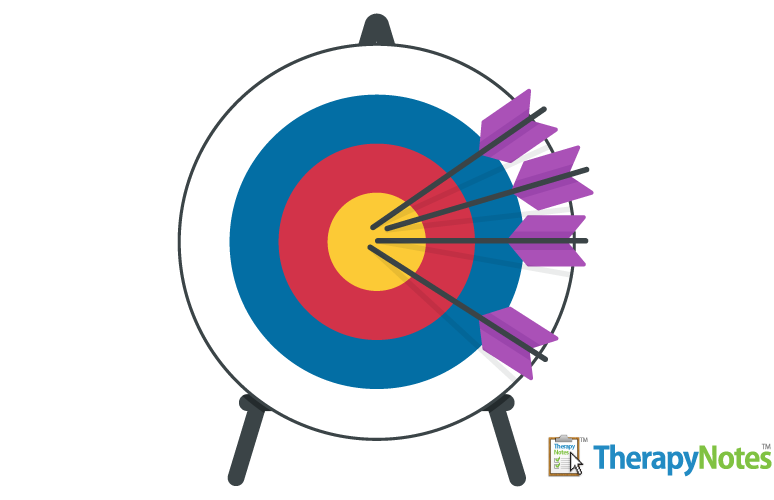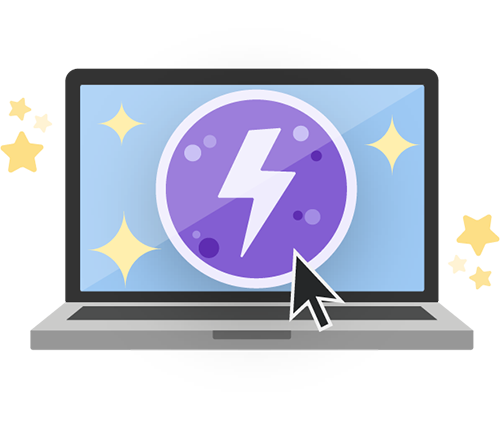Pros and Cons of Having a Therapy Niche
By TherapyNotes, LLC on August 22, 2018


It's an age-old question: Should you be a generalist who serves a broad range of clients with varying needs, or a specialist who works with a particular kind of client (like children), issue (like substance use disorders), or approach to treatment (like EMDR)? Every therapist in private practice has a different answer. To help you decide, here are some pros and cons of having a therapy niche.
Pro: Easier to market
Having a niche can make marketing your practice simpler for a couple of reasons.
First, specialists don't face the same risk of not standing out that generalists do. Therapists with a niche can more easily distinguish themselves than generalists because they're one of the only ones (or the only one) in their area offering their specific services. When someone searches for therapists with your niche, you'd pop up or be amongst a smaller list of therapists in your area who offer the specific service they're looking for. In other words, having a niche reduces your competition.
Also, by having a niche, you know who your target audience is and can speak directly to them on your website and profiles, increasing your chances of attracting these clients. If you offer general therapy, you face the task of appealing to every type of client, which can be difficult to achieve because everyone has different needs and responds to different messages.
Con: Risk of boredom and burnout
If you need variety to feel fulfilled in your career, having a niche may not be for you.
As therapist Barbara Adams points out in Counseling Today, people who specialize must guard against burnout because it is very easy to “fall asleep at the clinical wheel when you know the ins and outs so well that you occasionally find yourself cruising on autopilot.”
Some therapists avoid this by having two or three niches or just being generalists.
Pro: The ability to charge more
Specialty niches often provide the best income, according to American Psychological Association.
That’s because people tend to be more willing to pay extra for expertise. So, if you market yourself as a specialist for their illness or preferred treatment, clients will likely have more confidence in your ability to provide care, choosing you over a more general therapist, even if you charge more for your services.
Plus, as a therapist with a niche, you don’t have to compete with lots of other practitioners like generalists do, allowing you to charge more without worrying that people will find someone else with the same niche who’s cheaper.
Con: Less to offer
A concern with specialists is that a patient with a wide range of needs won’t get all their needs met.
In this situation, a person will either have to go to several therapists specializing in each of their issues or see a more generalized counselor. As a society, we already tend to go to various types of doctors for specific purposes, from dentists to dermatologists. People may not want to see multiple counselors for their mental health needs, making generalists more equipped to handle this sort of scenario.
This can be both a pro and con, though. While you become less well-rounded by specializing, you can focus your energy and resources on specific education and training, becoming more proficient in your niche. So, you may not be a "one-stop shop" for clients with diverse needs, but you can better serve someone who needs what you offer, since you spent so much time becoming an expert in it.
As you can see, there is no right or wrong path. Some therapists are better off as specialists, others as generalists. It depends on your personal preferences. If you want to specialize, though, visit the Psychology Today directory to see the niches out there and the therapists in your area doing them.
* The content of this post is intended to serve as general advice and information. It is not to be taken as legal advice and may not account for all rules and regulations in every jurisdiction. For legal advice, please contact an attorney.
Get more content like this, delivered right to your inbox. Subscribe to our newsletter.
More Content You'll Enjoy
The Best Practice Fusion Alternative for Mental Health

Supercharge your Documentation with TherapyFuel!

